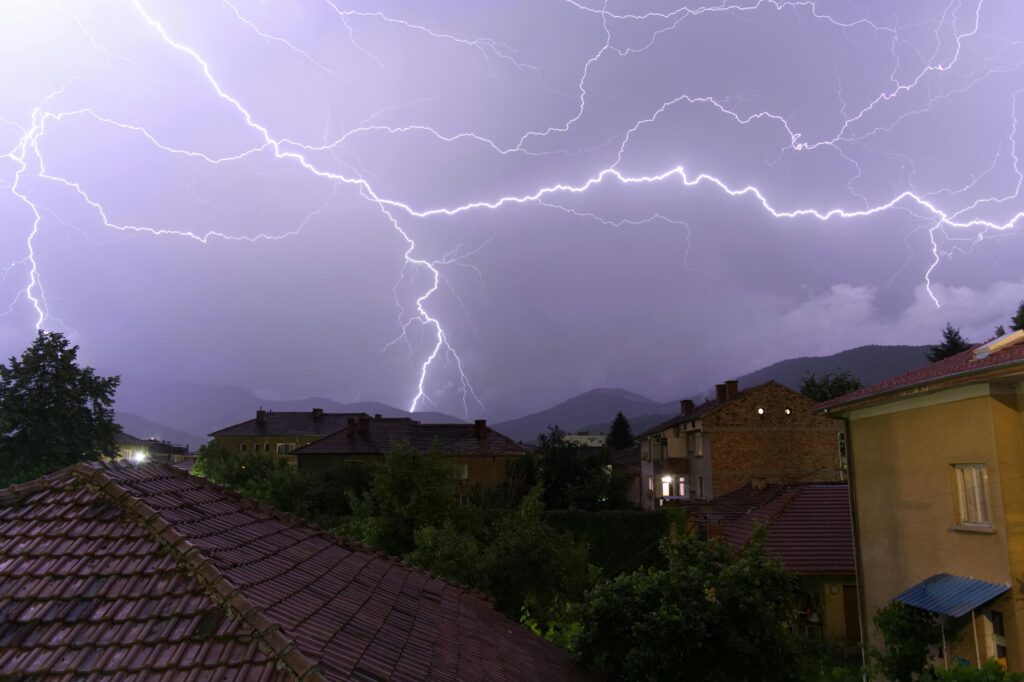Understanding Wildfire Evacuation Procedures
When faced with a wildfire, knowing the proper evacuation procedures can save lives. It is crucial to have a clear plan in place that outlines the safest routes, designated meeting points, and necessary supplies to take with you. Familiarizing yourself with local evacuation routes and staying updated on the fire's progress can make a significant difference in ensuring your safety.
In addition to having an evacuation plan, it's important to prepare an emergency kit that includes essentials such as water, non-perishable food, medications, and important documents. Local authorities often provide resources and guidance on evacuation procedures, so staying informed through community alerts and official channels is vital during wildfire threats.
Preparing Your Home for Wildfire Season
Preparation is key to minimizing damage during wildfire season. Homeowners should take proactive measures to create defensible space around their properties, such as clearing flammable vegetation, using fire-resistant building materials, and maintaining a well-watered landscape. These steps can significantly reduce the risk of your home catching fire.
Additionally, consider installing ember-resistant vents and screens on your home to prevent embers from entering. Regularly cleaning gutters and roofs of debris can also help protect your home from potential fire hazards. Engaging with local fire departments for advice on home hardening techniques can further enhance your preparedness.
Post-Wildfire Recovery: Steps to Take
Recovering from a wildfire can be a daunting process, but taking systematic steps can facilitate a smoother transition back to normalcy. First, assess the damage to your property and contact your insurance provider to understand your coverage and initiate claims. Documenting the damage with photographs can be beneficial during this process.
Engaging professional restoration services like 24 Hour Flood Fighters can also expedite recovery. These experts can assist with debris removal, structural repairs, and ensuring your home is safe for reoccupation. Understanding the emotional toll of such disasters is equally important, so seeking support from local recovery groups may help you cope with the aftermath.
Staying Informed During Natural Disasters
Staying informed during a natural disaster is crucial for safety and effective decision-making. Utilize multiple sources of information, such as weather apps, local news outlets, and emergency management agencies, to receive real-time updates on the situation. Social media platforms can also provide timely alerts and community updates.
Establishing a communication plan with family and friends can ensure everyone stays connected during emergencies. Designate a meeting place and share emergency contact information. Regularly review and practice your communication plan to ensure everyone is prepared when disaster strikes.

